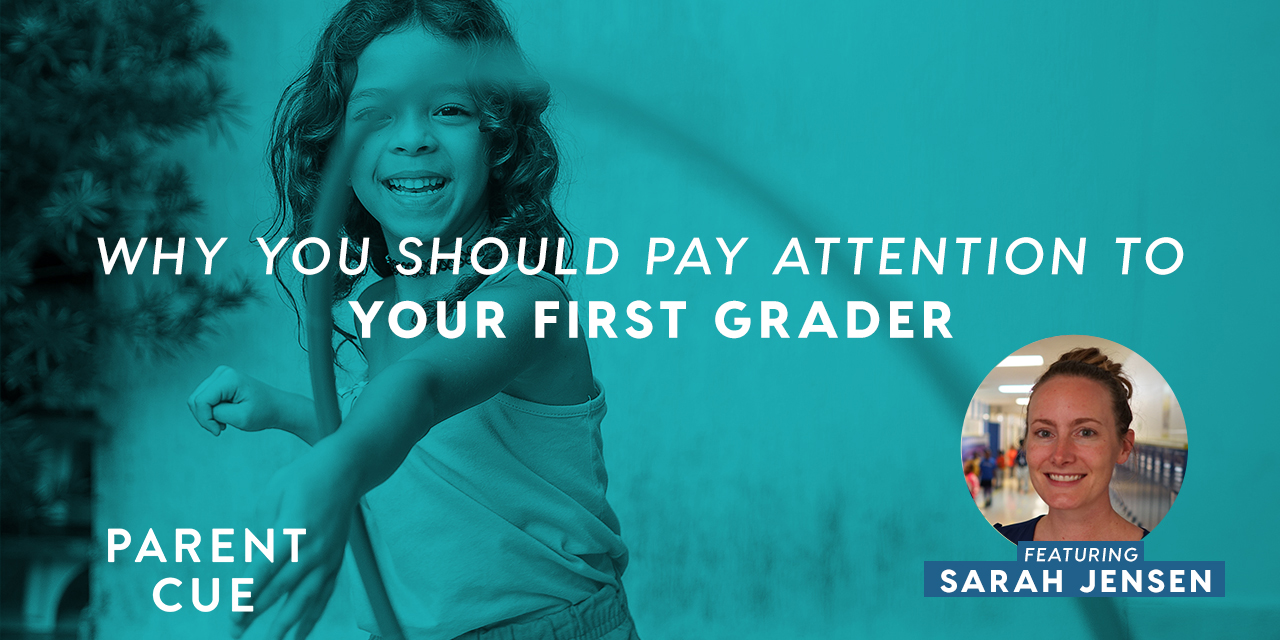
The start of a new school year is pretty nostalgic, right? All sharpened number-two pencils and crisp-white-notebook paper. You can basically smell it.
But like any change in routine for families, the start of a new school year is an upheaval. All those new alarm clock and reminder settings can feel so overwhelming that you find yourself Googling things like, “How to start a petition for a school time change” at one o’clock in the morning because that’s the only hour you get space alone.
Factor in a two-household family?
Complete madness.
“I left my cheer shoes at Daddy’s.”
“Can I ride the bus home with a friend on Daddy’s day?”
“Will you come to Daddy’s on crazy hair day to fix my hair?”
I’ve been divorced for three years now, and I am going to lead with the punchline when it comes to co-parenting through the school year—there is no great way to divide a family across two homes. I don’t care if you’re a billionaire and have six sets of everything your kid owns and loves. Somehow, someway, someone is going to forget. Forget a homework assignment, forget a parent-teacher conference, forget their lucky pair of socks.
So, what do you do?
Well, I could give you a list of tips and tricks to grease up those school-year gears, but unless you can grasp this one concept, none of them will ever be effective:
If you really want to live in as much peace and as much positivity as you possibly can as a co-parent this school year, you have to believe the best. Believe the best, give the benefit of the doubt, and show grace.
Here’s why.
If you start keeping score with your ex, the only real losers are your kids. Maybe read that last sentence again. Because that makes your co-parenting relationship about who is doing a “better job” parenting and not about the actual parenting.
Look, there’s always going to be one of you who is more on top of appointments, homework, and laundry. If that’s you, give yourself a pat on the back. But holding it over your ex’s head is only going to make you resentful and bitter, and it’s going to disassociate them from the family unit further.
Believing the best about your ex means you initiate forgiveness when someone drops the ball. Whether it’s a conversation that begins with, “Hey, can we create a better system for you to remember when band practice is?” or, “I know I haven’t been carrying my weight lately, but I want to. What’s the best way I can help right now?”
Oh, you’ll grind your teeth when you send these texts. Your tongue may actually bleed from the biting. But the alternative is to live in constant tension and anger, remembering all the ways you’re “right” or “better” or “justified.” Which, again, makes your co-parenting relationship about you and not about your kids.
Let me tell you, those fleeting feelings of satisfaction you may get from sending the barbed-wire texts of frustration are just that—fleeting. Over time, they build walls between you and your kid’s other parent. We don’t need more walls in our co-parenting relationship—we need more bridges.
Oh, and on a selfish note, I’d personally rather enjoy my life by accepting what I cannot control and only engaging in conversations with my ex that directly benefit our girls. The more I nag him, or the more he nags me, the less and less our relationship is a healthy vehicle for our children together.
What about those of you who have a less-than-enthusiastic co-parent? Are you just supposed to ignore the issues and pretend like everything is fine? HECK NO. Giving someone the benefit of the doubt doesn’t mean you hide your head in the sand. It means that when you do confront them, you do it from a posture of “let’s find a solution” and not a posture of “you are the problem.”
I mean, you could totally be doing a whole lot more than your ex. Your ex could be the “Disney” parent who shows up, spends money, then splits. And you get to be the one who’s disciplining, carpooling, and homeworking.
But the same principle applies. If you approach the situation with anything other than believing the best, it removes the focus from the kids and onto something less helpful.
Gosh, this is complicated, isn’t it? I mean, I only know all of this stuff because I did all of it wrong for way too long. But, you can do it. As long as you can put your personal pride to the side for the sake of your kids, you are doing all that you can do. The rest? You have to let it go.
Remember that grease we talked about? There are a few little ways my girls’ dad and I head-off frustration and conflict:
- We only live a few miles apart. I’d love to move, but I don’t. Living close means when someone forgets their notebook, it’s a five-minute-drive solution.
- Make sure teachers, coaches, and friends’ parents have both parent’s contact info.
- Consolidate communication. Whenever possible, I hang on to questions and reminders until I can send them all at once. I mean, I am the queen of random texts. When a thought pops into my mind, I want to share it ASAP. I’ve heard that some people don’t like thirty-seven texts a day. (I mean, who are you people?) Yes, rapid-fire texting without context is annoying. And it’s less likely to get me the desired result (which is clear communication).
- Use a shared calendar. There are tons out there (Google Cal, Family Wizard, etc.) Create one that’s just for your family.
- Parent privately first. If a kid forgets about a school project until the night before it’s due, if we’re all honest, we’re going to stay up late and help them finish. But there should be consequences. My girls’ dad and I always call/text each other before doling out specific discipline. We confer, we agree, and we both enforce.
Every co-parenting relationship is different. I can only tell you what I’ve learned from mine. And I’ve made a lot of mistakes along the way. But, what I can tell you is that each and every time I’ve refocused the end goal on my girls’ well-being, things have improved. Give your ex the benefit of the doubt. And more importantly, give yourself the benefit of the doubt too.




